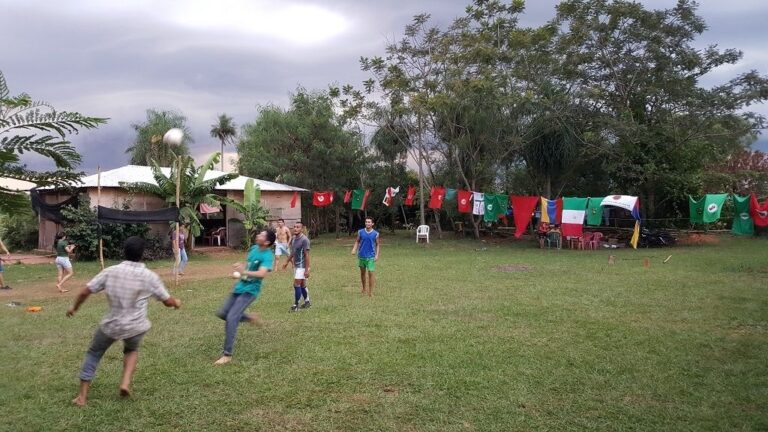Av: Julian Dannefjord
Since 2006, Instituto Agroecologico Latinoamericano, IALA, has trained campesinos, small-scale farmers, in agroecology in Latin America through popular education. This institution plays an important role in resisting industrial agriculture all over the region and provides a different perspective on rural development.
29 april, 2021, Chronicle, English, Magazine

Energy infrastructure in rural areas is a threat to indigenous livelihoods Photo: Jason Blackeye/Unsplash
Av: Alice Castensson och Julia Mühlhauser
The effects of climate change endanger humans all over the world. Nonetheless, indigenous people - who contributed the least - are doubled affected. As countries are increasingly implementing adaptation strategies, renewable energy is often raised as the solution - with large projects being constructed in rural areas. This however overlooks the interests of indigenous peoples living in these areas.
29 april, 2021, English, Interview, Magazine

Solar energy is often successfully used in small-scale renewable energy projects Photo: Berkeley Lab/Flickr.com
Av: Ian Granit
With the increasing focus on decarbonizing the world's energy systems, it is easy to forget that approximately a billion people worldwide live without access to electricity. Without it, clean water, transport, education, and many more aspects of everyday life become inaccessible.
27 april, 2021, Chronicle, English, Magazine
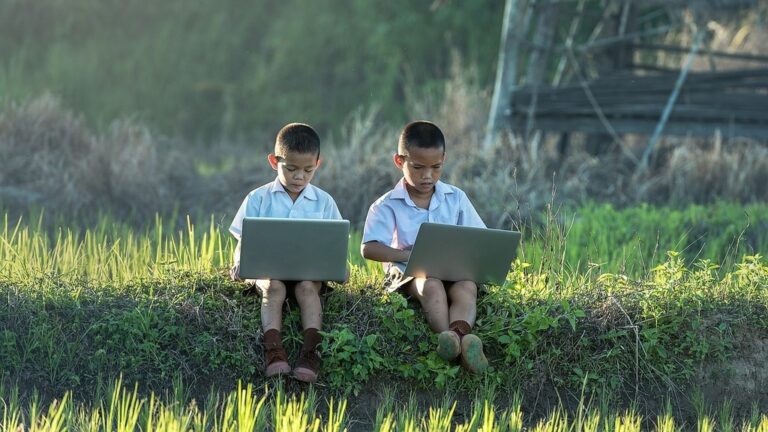
Rural areas face a double burden in securing traditional and digital literacy Photo: Pixabay
Av: Emily Elderfield och Larissa Lachmann
Living in rural areas can hugely affect children’s chances of completing education; UNICEF estimates that children in rural areas are more than twice as likely to not attend school compared to their urban peers. Luckily, travelling libraries are one way to ensure that people can enjoy reading, regardless of where they live.
27 april, 2021, Chronicle, English, Magazine
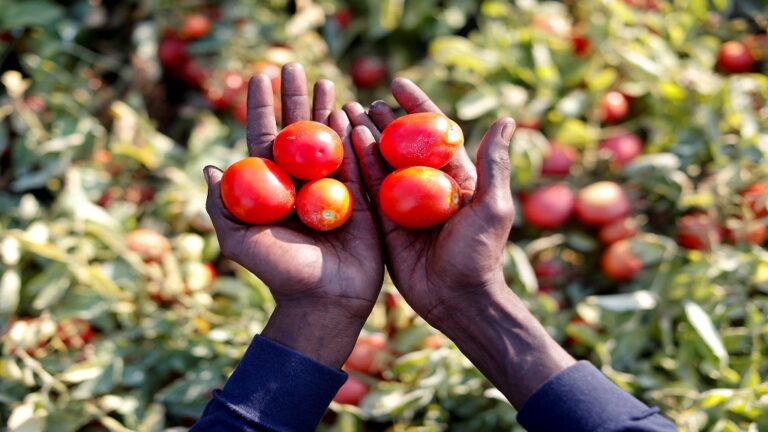
A Senegalese migrant worker displaying harvested tomatoes at an Italian tomato farm. Photo: Trafficking in Persons Office, Flickr
Av: Chiara D’Agni och Sofus Malte Rønberg
The agricultural sector in Southern Italy depends heavily on foreign labour forces coming from other EU member states or third countries. However, seasonal agricultural workers are more likely to experience violations of their rights. This is in order to reduce the producers’ wage costs as well as the prices charged to consumers in many countries including the Nordics.
27 april, 2021, English, Magazine, News article

Members of various farmers associations are protesting against new laws impacting the agricultural sector, in Pendjab, India . Photo: Randeep Maddoke; randeepphotoartist@gmail.com, CC0, via Wikimedia Commons
Av: Anne Eliassen Theys
Since November 2020, thousands of Indian farmers protested on the streets of New Delhi against Prime Minister Modi’s agricultural reforms. Despite the fact that the government opposes international interference, this seemingly local matter has international consequences.
26 april, 2021, English, Magazine, News article
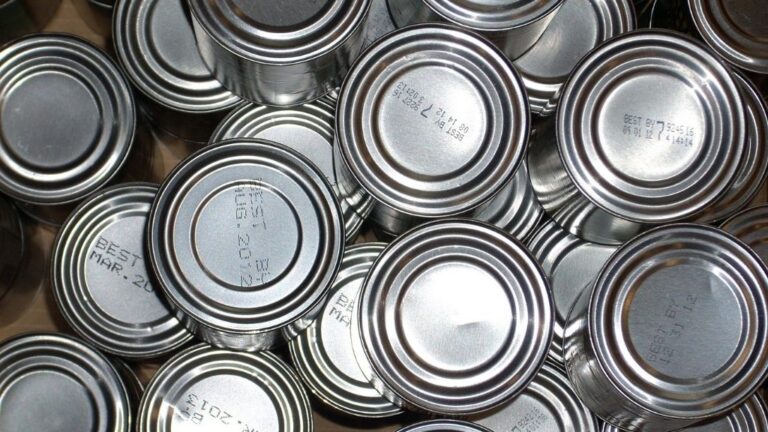
The variety of terms such as “best before”, “sell by”, “eat by”, “expires on” need simplification and tailoring to regional contexts to help reduce food waste. Photo: mnplatypus/Pixabay
Av: Alexandru Mocanu
The 2030 Agenda for Sustainable Development is calling for halving the global food waste. Although high-income economies are generally assumed to display more wasteful patterns, food waste hits the Global South the hardest.
26 april, 2021, Chronicle, English, Magazine

Protesters are calling for justice in the 2021 demonstrations against the military junta. Photo: Wikimedia Commons
Av: Markus Barnevik Olsson
A military coup has thrown Myanmar into a battlefield with women at the vanguard. Undeterred by soldiers slaughtering protesters in the streets of Yangon, the struggle for democracy continues.
16 april, 2021, English, Magazine, Opinion

For generations people have been farming the harsh lands in Sumapaz, Colombia. Photo: Nellie Banestig.
Av: Nellie Banestig
Caught between two opposing sides of an armed conflict, campesinos, the farmers of Sumapaz in rural Colombia, have had to face adversity for decades. After the 2016 peace treaty signing between the Colombian state and the FARC-guerilla, things began to improve yet the effects of the conflict are still being felt by many civilians. Campesinos livelihoods are still threatened, as is the strong cultural identity tied to that livelihood. This begs the question; is peace in effect for all of Colombia?
25 februari, 2021, Chronicle, English, Guest piece, Magazine
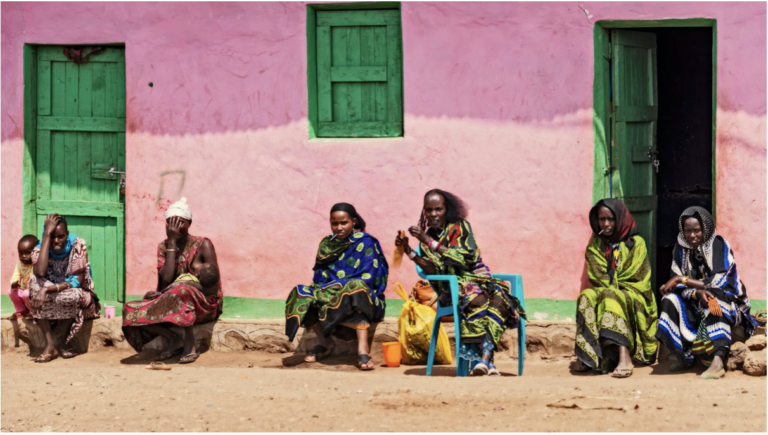
Photo: Borana Women,Ethiopia,Rod Waddington.Flickr.
Av: Ghadeer Hussein
Five years ago the 2030 Sustainable Development Goals (SDGs) were adopted by the United Nations and since then they have become a roadmap for global development. But are they relevant on the local level? Are they as universal as they claim to be?
30 december, 2020, English, Magazine, News article, Nyhet

